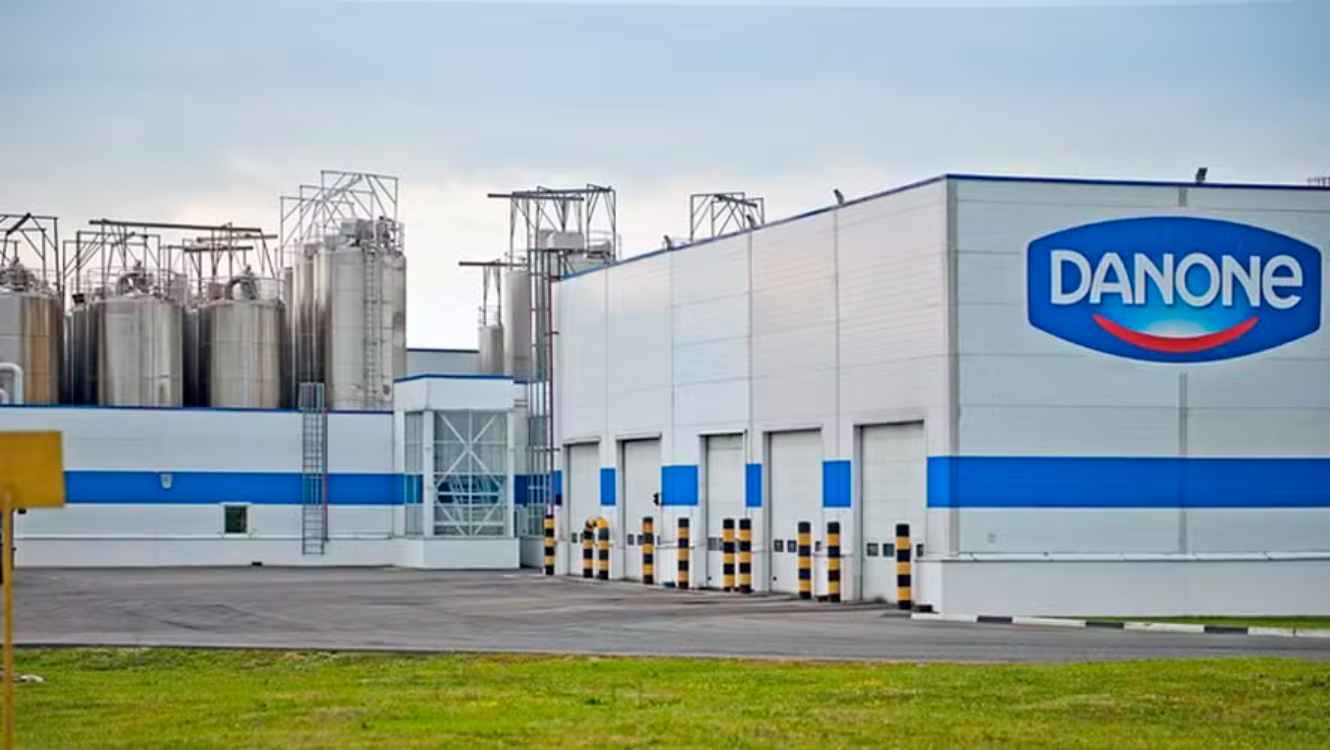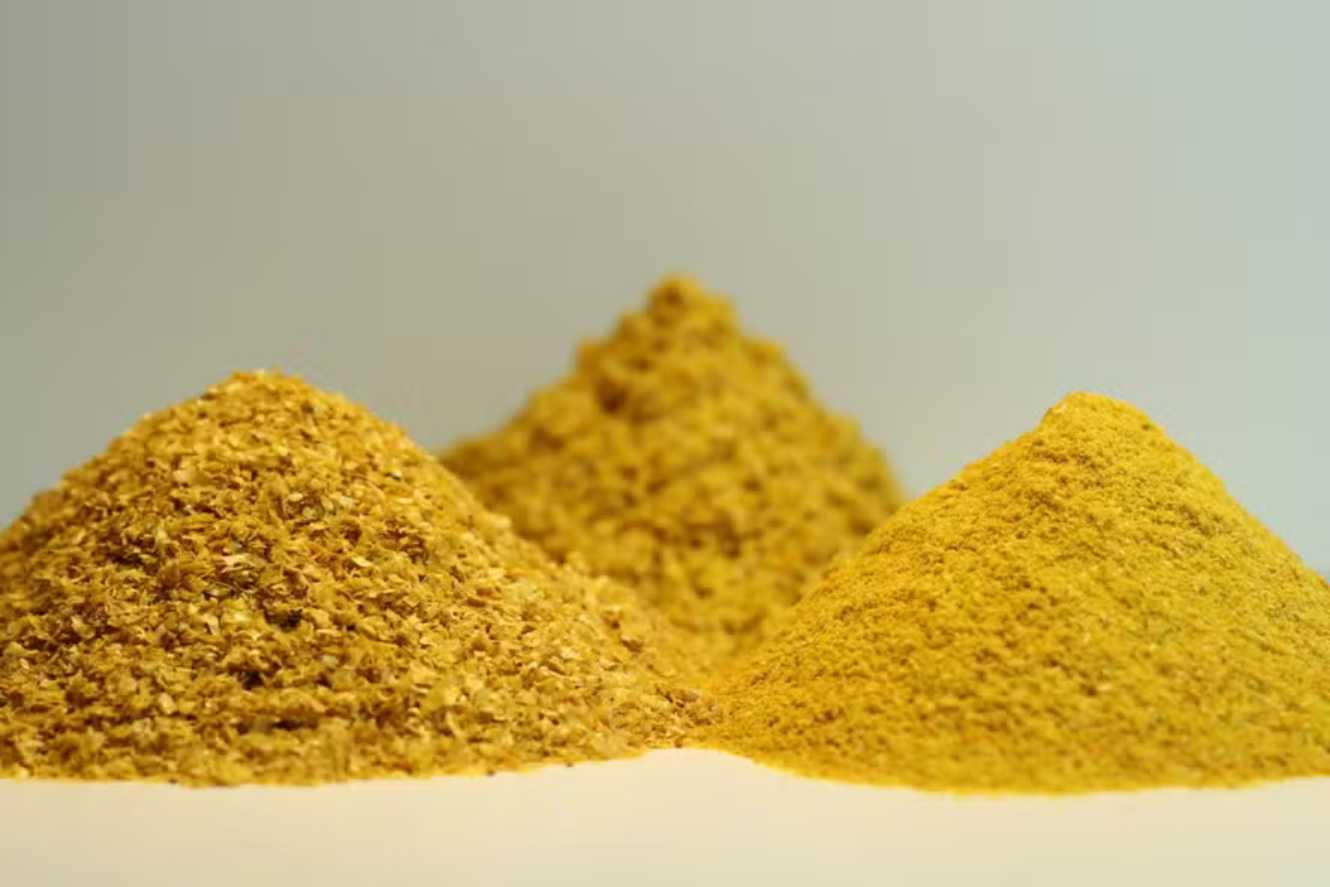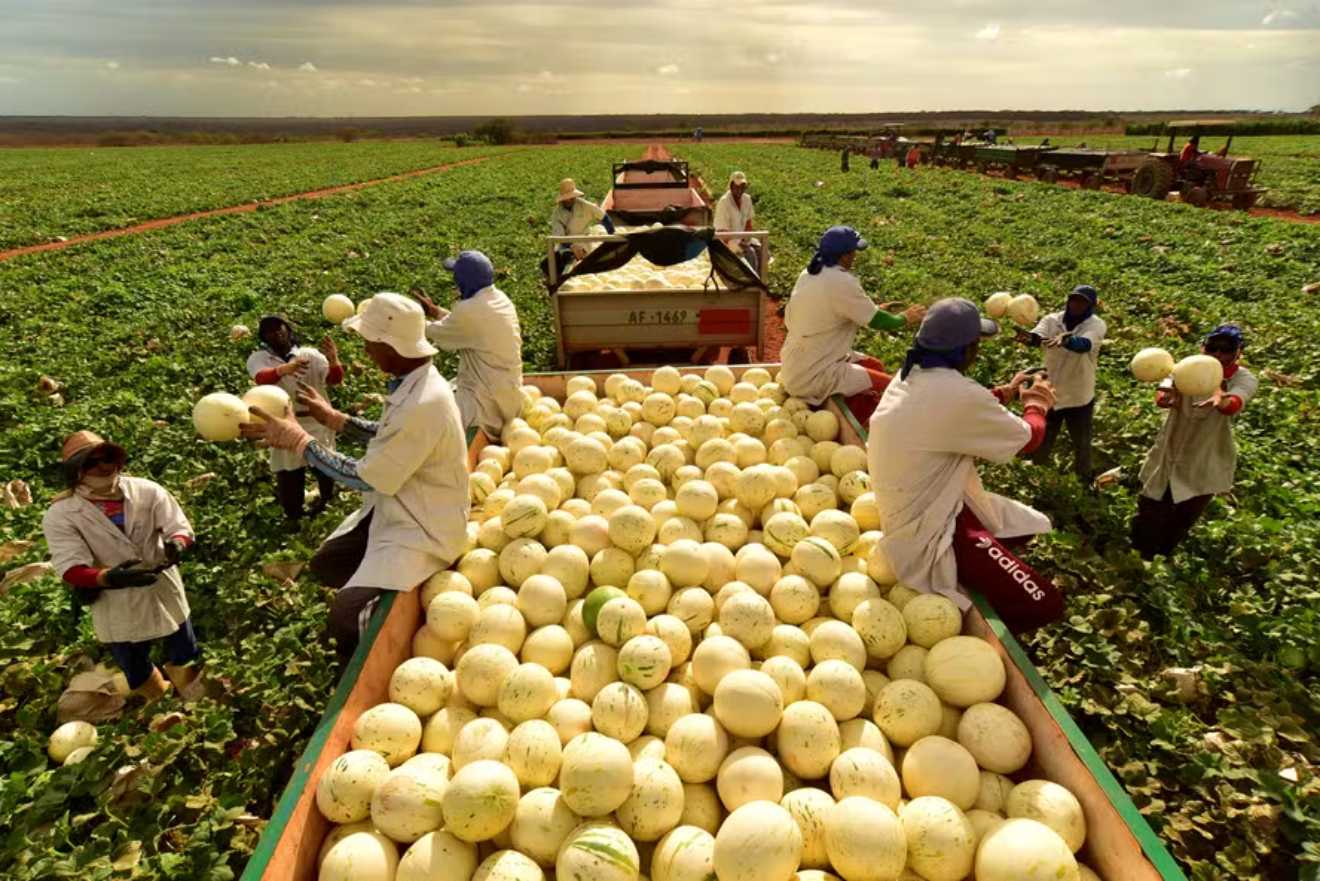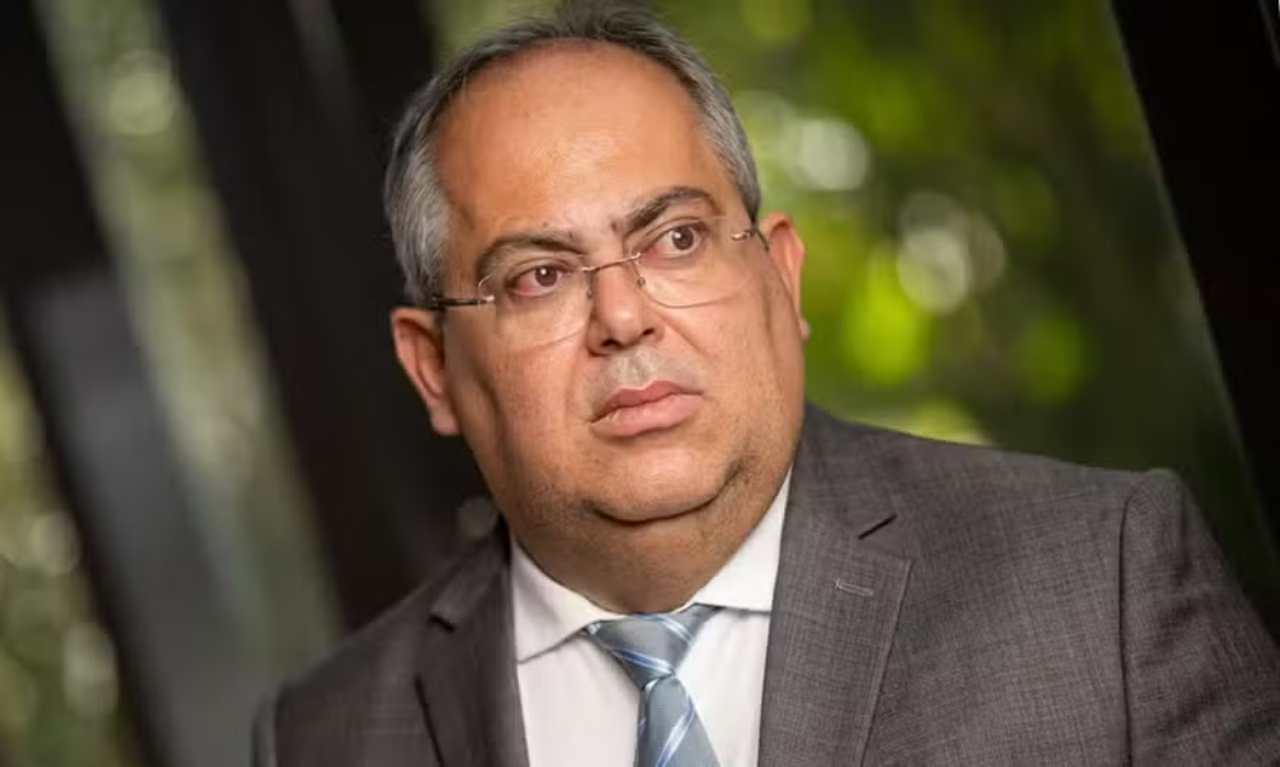Company Considered Halting Soy Purchases from Brazil Due to Environmental Compliance Issues
This week, news that Danone, a French food company, would cease purchasing soy from Brazil stirred the sector. Citing a failure to meet environmental guidelines, this decision was perceived by many producers as “discrimination” and a “boycott” against national oilseeds.
Understand the Case
On October 25, Danone announced it would no longer buy soy from Brazil in response to new European Union regulations against deforestation (EUDR).
This anti-deforestation law, as it’s referred to in the Brazilian agricultural sector, requires companies to verify the origin of their raw materials to ensure that no commodities come from deforested areas. The regulation is set to take effect on December 30 of this year, but the European Parliament may still decide to postpone its implementation due to international pressure.
The statement was made by Danone’s CFO, Jurgen Esser, to Reuters. In the announcement, the company emphasized its commitment to using only sustainable ingredients and rigorously monitoring the origin of its soy.
One significant consequence would be the use of soy in animal feed, as Danone utilizes a portion of the soybean for approximately 5% of its dairy production through the feed given to cows, as well as in its lactose-free products from the Alpro and Silk brands.
Danone stated that it imported about 18% of its soy for animal feed from Brazil, but it had been exploring other sourcing options.
The debate intensified when Aprosoja, the Brazilian Soybean Producers Association, issued an official statement on Tuesday (October 29), classifying the move as “discriminatory,” “untimely,” and “unreasonable.” In a statement, the organization asserted that the alleged decision demonstrated a lack of understanding of Brazil’s production processes and was a discriminatory act against Brazil and its sovereignty. “The boycott adopted by the French multinational has already caused harm to Brazil and its people, even though the EU’s anti-deforestation legislation has not yet come into effect,” added Aprosoja.
The Ministry of Agriculture and Livestock also responded to Danone’s stance, issuing an official statement highlighting that Brazil has one of the world’s strictest environmental laws, that the soy market is governed by due diligence for exports, and that it considers the EUDR to be arbitrary legislation. “We believe that this position negatively influences companies’ behavior, compromising consumers’ understanding of the real dimension of food security based on sustainable production and international negotiations, which should be founded on mutual trust and respect for national sovereignty and diversity of solutions,” stated the Ministry.
Cooling Down the Situation
After various publications, Danone Brazil informed that it would not stop purchasing Brazilian soy, according to Globo Rural. The company explained that its acquisitions are coordinated through a central system that verifies the origin of raw materials.
What Do the Producers Say?
Maurício Buffon, President of Aprosoja Brasil, reported that he received a call from Danone’s president confirming that the company would continue to buy soy from Brazil. “Danone reached out to inform us that the soy and business in Brazil will remain unchanged, and that nothing will change. We will remain firm on this issue, refusing to be discriminated against,” said Buffon.
He noted that a company might start by discriminating against one production chain in Brazil and later extend this to other areas, such as corn and milk. “No company has the right to question without knowledge. We have legal reserves on our properties, and we have areas of permanent preservation. We have a complete sustainability framework that they are not aware of, yet they are questioning us,” Buffon stated.
Additionally, Buffon mentioned that Danone informed the association that the suspension of soybean purchases in France relates to the production of a soy-based milk made there, and that there are no purchases of Brazilian soy for this purpose.
Companies from Nestlé to Unilever have been preparing to comply with the new regulations to avoid potential fines of up to 20% of their revenues for non-compliance.
The concern is that such decisions could influence other European multinationals to stop purchasing Brazilian commodities or even expedite exports before the regulations come into effect, thereby slowing purchases starting next year. While the European Parliament has yet to decide whether to delay the regulation’s effective date, the Brazilian sector is reacting and pressuring through sectoral entities.
However, there is a consensus among Brazilian agricultural leaders that a less “reactive” discourse is necessary concerning issues involving agricultural production and sustainability. This topic was discussed at a Globo Rural event, with one proposed solution being to show greater transparency and data coordination from Brazil to achieve “protagonism and credibility” on specific issues.
New Supplier
Danone Global reportedly announced that its main soybean supplier would be Asia starting this year. According to the company’s report, by 2023, 60% of the soy used in its products would come from Europe and 40% from Canada. Conversely, the largest importer of Brazilian soy is China, an Asian country.
It is in Asia where soy is transformed into byproducts for Danone, according to information from the Ministry of Agriculture and Livestock (Mapa), suggesting that Brazilian soy is present, either directly or indirectly, in Danone’s products.
To Globo Rural, the ministry reported that the Brazilian Soybean Complex supplies both the Asian and French markets. Last year alone, Brazil exported over $48 billion in oilseed products to Asia, totaling approximately 93 million tons. In the first nine months of 2024, these exports reached $35 billion, corresponding to 81 million tons.
“Specifically for France, the exported volume in 2023 was $849 million, while from January to September 2024, it reached $499 million. Globally, Brazilian exports totaled $67 billion in 2023, and by September 2024, they had already hit $47 billion,” added the note sent by the ministry via email.
Aprosoja estimates that about 9% of Brazil’s soybean complex enters Danone’s subsidiaries, which would be accounted for in the company’s financial statements.
Position of the Brazilian Government
Mapa reaffirms Brazil’s “environmental commitment,” stating that the country has “one of the most stringent environmental laws in the world” and a robust command and control system aimed at combating illegal deforestation.
Regarding the EU’s anti-deforestation law (EUDR), the ministry described the regulations as “arbitrary, unilateral, and punitive,” arguing that they overlook the specifics of producer countries and impose significant costs, especially on small producers. “Positive incentives are more effective in promoting environmental protection,” the ministry argued, emphasizing that punitive approaches hinder Brazilian products’ access to the European market.
The Brazilian government also committed to transparency, presenting proposals for electronic traceability models that meet EUDR requirements, reflecting its dedication to responsible and sustainable production. The ministry emphasized that “private traceability models are widely recognized and accepted by European markets.”





